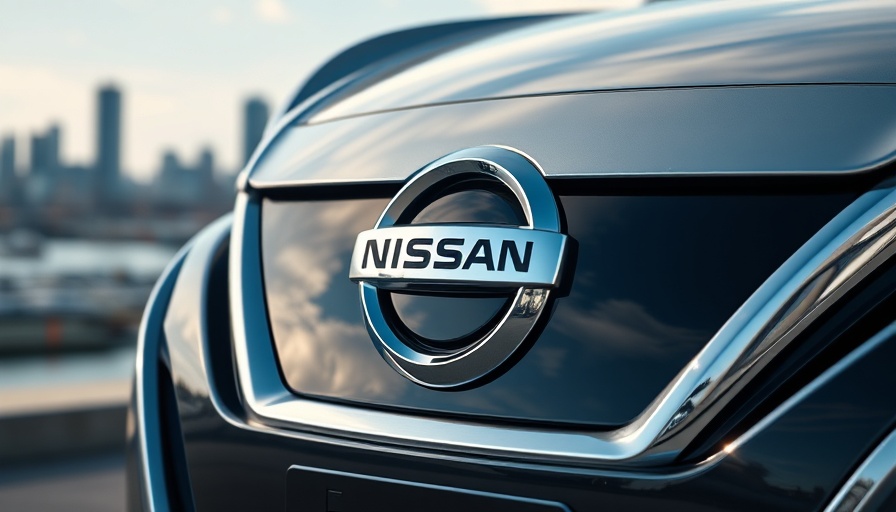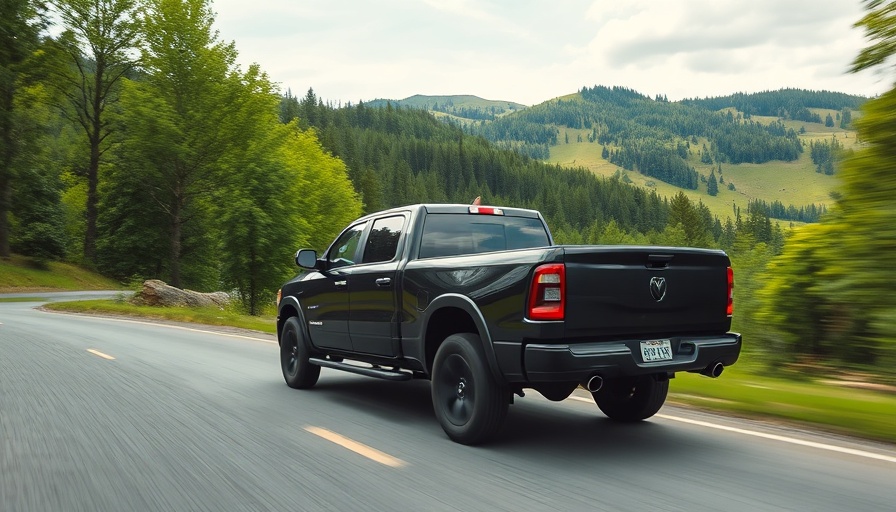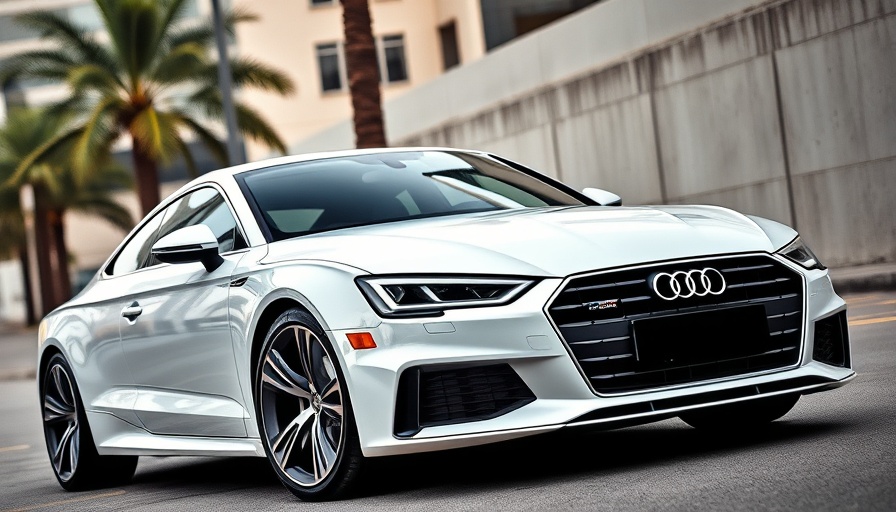
Nissan's Shift in EV Strategy: A Closer Look
Recently, Nissan made headlines with its decision to cancel plans for a small electric crossover vehicle, codenamed PZ1L, originally set to be produced in the United States. This notable pivot reflects the automaker's broader reassessment of its electric vehicle strategy amidst changing market dynamics.
Impact on U.S. Production Plans
The PZ1L was slated for assembly at Nissan's Canton, Mississippi plant, a facility that currently houses the production of gasoline models like the Altima and Frontier. However, reports indicate that Nissan is consolidating production efforts to its Sunderland plant in the UK, focusing instead on higher-volume electric models that promise more returns. This strategic shift raises questions not only about U.S. jobs but also the future viability of the Canton facility as Nissan transitions into what it calls a 'Nissan Intelligent Factory.'
Delayed EV Models: What’s Next?
Compounding this development, plans for the production of another Nissan and an Infiniti EV in Canton have been delayed from their expected 2025 timeline to 2028. This postponement speaks to the wider challenges car manufacturers face in successfully launching electric models that resonate with the American consumer base. The uncertainty surrounding the Canton workforce, while Nissan transitions towards automation and a zero-emission production system, adds further complexity to the situation.
The Broader Context: Global Implications
Globally, Nissan is pursuing a merger with Honda, anticipated to be finalized by 2026. As two major automakers converge, it raises important questions about the future landscape of the EV market, including collaborations, shared technology, and how they might respond to fluctuating consumer demand. Nissan's recent announcement about laying off 9,000 employees worldwide due to declining sales, particularly in vital U.S. and Chinese markets, serves as a stark reminder of the precarious state of the automotive industry.
Conclusion: Readiness for Retail Challenges
For dealer principals and managers focusing on retail sales operations, the decline in new model introductions, particularly in the EV segment, underscores the need for flexibility and adaptability in inventory and sales strategies. With increasing competition among electric vehicle brands and evolving consumer preferences, staying informed and proactive will be key to navigating this shifting landscape.
 Add Row
Add Row  Add
Add 




Write A Comment